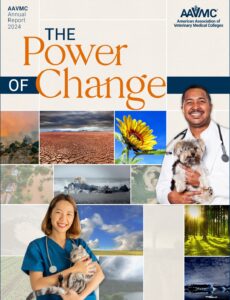Popular Science: Why do cats love concrete slabs? A vet explains
If you’re scrolling on Instagram, TikTok, or the more specific sub genre #CatTok you may have come across some interesting feline behavior as of late: Numerous videos of excited cat owners presenting their pets with concrete slabs, even taking trips to the hardware store to pick up some pavers. When presented with their new gift, […]





SHARE